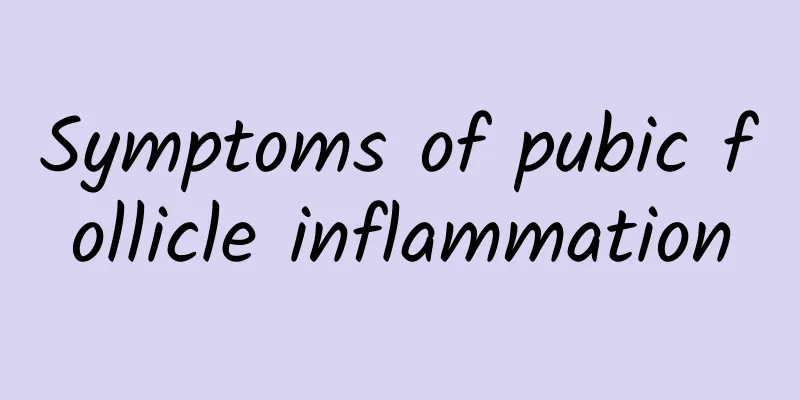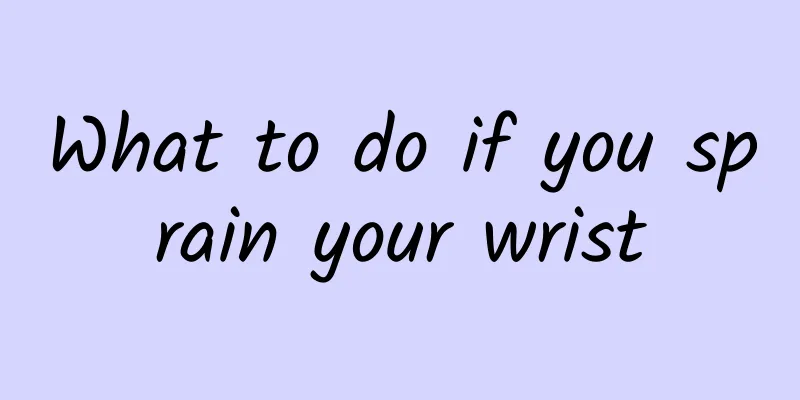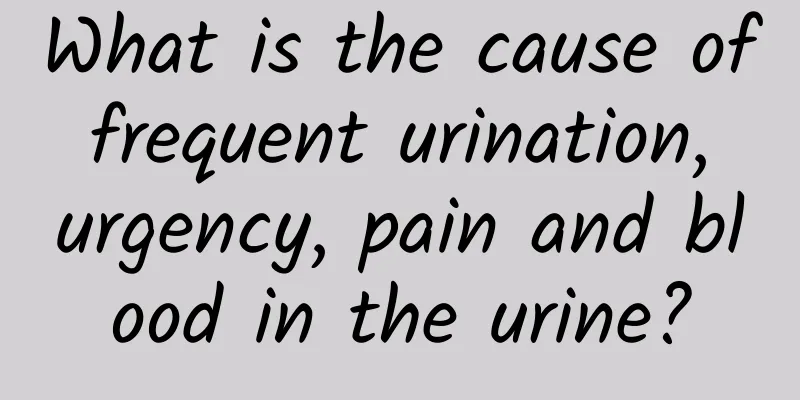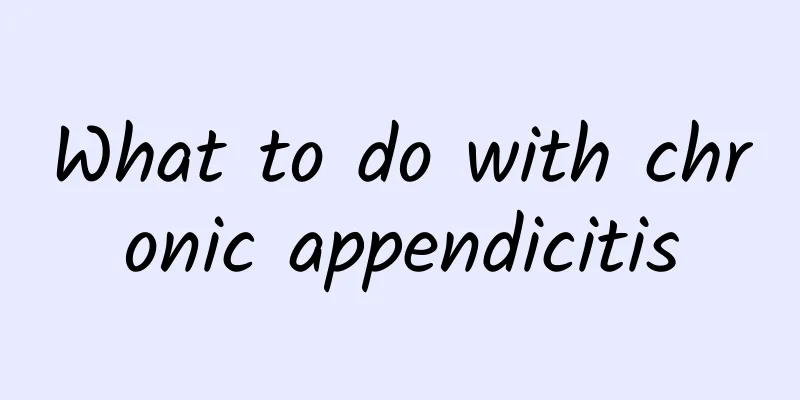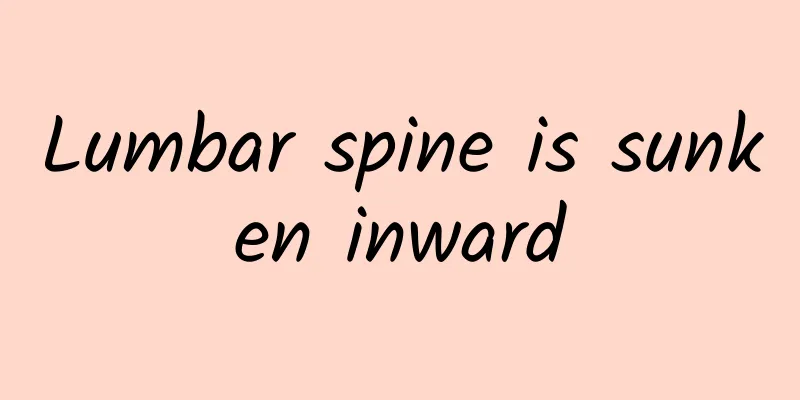What are the drugs that are nebulized?
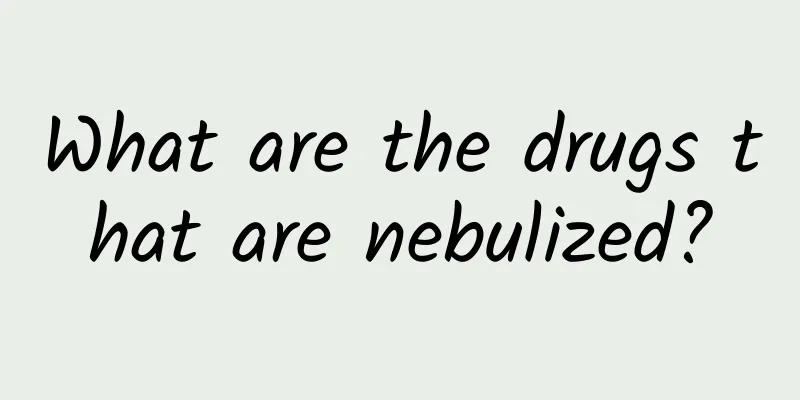
|
There are many nebulized drugs, which are a common drug for treating respiratory diseases. The advantage of this drug is that it can reach the affected area through nebulization, thus having a good anti-inflammatory, bactericidal, cough and phlegm effect. Especially for babies, this method is very suitable for treatment. At present, nebulized drugs are mainly divided into inhaled corticosteroids, and also include bronchodilators and expectorants. Three categories of commonly used nebulized drugs 1. Inhaled corticosteroids Main function: Reduce airway inflammation and effectively control baby's wheezing and coughing symptoms. Commonly used drugs in hospitals: budesonide suspension (0.5~1mg/time, combined with 2mL of normal saline nebulization inhalation each time, 1~4 times a day), which takes effect quickly and can exert anti-inflammatory effects in 10~20 minutes, and is very effective for emergencies. 2. Bronchodilators Main functions: It is a commonly used medicine for baby asthma and wheezing. Nebulizer inhalation is the best route of administration. It is quick to take effect and has a strong antispasmodic effect. Commonly used drugs in the hospital: ①β2 receptor agonist: terbutaline sulfate nebulizer solution (dosage 1ml/2.5mg, combined with 2mL of normal saline each time, 1 to 4 times a day), takes effect within 5 minutes of inhalation and reaches its peak in 15 minutes. This type of medicine is often used in children with obvious bronchial spasm (such as acute laryngitis). ② Anticholine drugs: The representative is ipratropium bromide suspension (250ug/time, combined with an equal amount of normal saline, 1 to 4 times a day), which takes effect within 10 to 30 minutes after inhalation and is mostly used for acute onset. 3. Expectorant Main function: It can regulate the mucus secretion in the respiratory tract of children, increase the movement of cilia, and make it easier to cough up phlegm. Commonly used drugs in hospitals: Ambroxol hydrochloride (common concentration 15 mg/mL, 1~2 ml each time by nebulization inhalation, twice a day). Summary: The above mentioned are conventional treatment medications. If the child requires long-term nebulization (such as asthma), regular follow-up is required and the medication should be adjusted in time to minimize side effects. |
<<: Three symptoms of bladder irritation
>>: The reason why the T zone of the pregnancy test stick is very light
Recommend
What causes numbness in toes?
Numbness in the toes is generally caused by a neu...
Treatment of gastric ulcer
Everyone should know about gastric ulcer. I belie...
Diet therapy for cerebral arteriosclerosis
In today's society, there are already many pa...
Symptoms of insufficient lung qi
Insufficient lung qi is actually what we call lun...
What to do if your feet itch during pregnancy?
Pregnancy is supposed to be a very happy thing, b...
The stages of renal failure vary in severity
In medicine, the disease is divided into stages a...
How to treat closed comedones
Many people often get acne on their faces due to ...
Can high muscle tension in babies be cured?
The symptom of high muscle tone in babies is main...
Does wolfberry increase or decrease internal heat?
Wolfberry is a very common health product in dail...
What medicine can cure flat warts?
Flat warts are a relatively common skin disease. ...
What causes tinea versicolor? Causes of tinea versicolor
The so-called tinea versicolor is what we often c...
How to eat garden ginseng
We usually make soup with the medicinal material ...
Acupuncture leaves a hard lump in the buttocks
It is common to have hard lumps in the buttocks a...
What to do if tooth extraction hurts
It is quite common to experience tooth extraction...
Will I have a dull stomachache when I'm pregnant?
Becoming a mother is something that many women dr...
